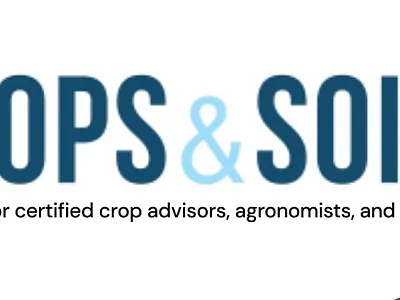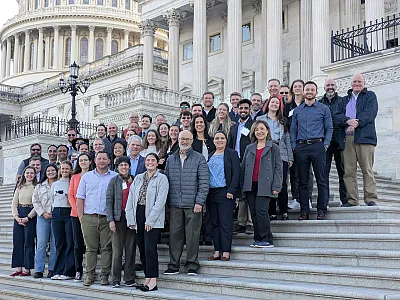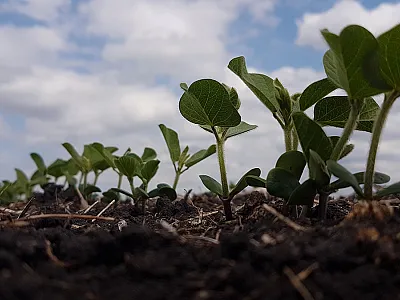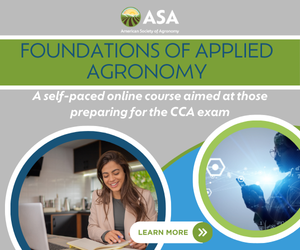Cover Crop Questions
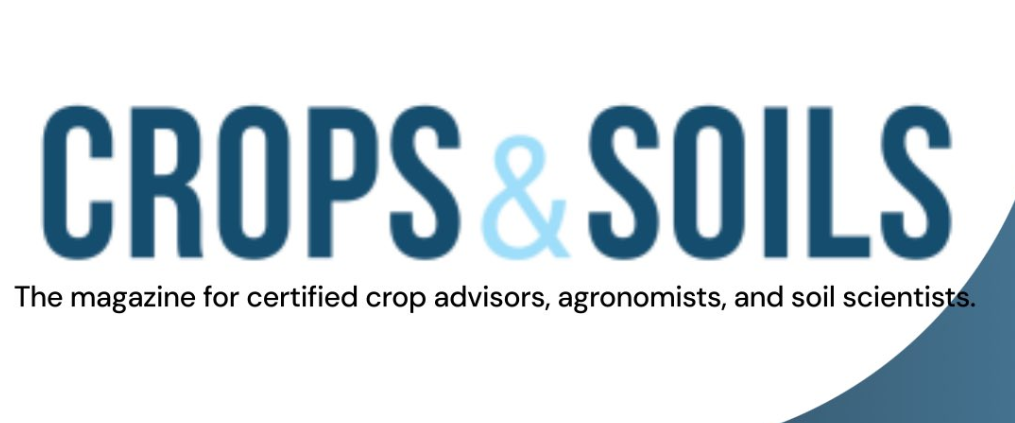
Self-Study CEU Quiz
Cover crops are often lauded as agricultural heroes boasting of a variety of ecosystems services and benefits to farmers and the world. But are these crops always the best option, and do they always provide benefits wherever they go? In this episode, Mississippi State University experts join us for a more nuanced look at the benefits of cover crops and how research can make sure farmers are really applying the best strategies for their farms.
Listen to the podcast by visiting https://fieldlabearth.libsyn.com or via your podcast platform of choice. Earn 0.5 CEUs in Crop Management by taking the quiz at https://bit.ly/3Q5auOT.
- In this experiment, the researchers paired winter cover crops with ______ with the goal of _________.
- Reduced tillage, reducing surface water pollution.
- Intercropping, increasing pollinators.
- Reduced tillage, fixing nitrogen.
- Riparian zones, reducing surface water pollution.
- The results of the study found that overall the cover crops did not reduce discharge and did not have any major reductions in nutrient loading.
- True.
- False.
- Which of the following was not listed as a region-specific factor that could have factored into the results?
- High annual rainfall.
- Frequent intensive rain events.
- Well-drained soils.
- Lack of snow cover.
- Heavy rainfall events can undermine annual conservation goals.
- True.
- False.
- Which of the following was listed as a consideration for implementing cover crops?
- Researching appropriate species for their system.
- Evaluating implementation costs.
- Optimal planting and termination timing.
- All of the above.
Text © . The authors. CC BY-NC-ND 4.0. Except where otherwise noted, images are subject to copyright. Any reuse without express permission from the copyright owner is prohibited.






